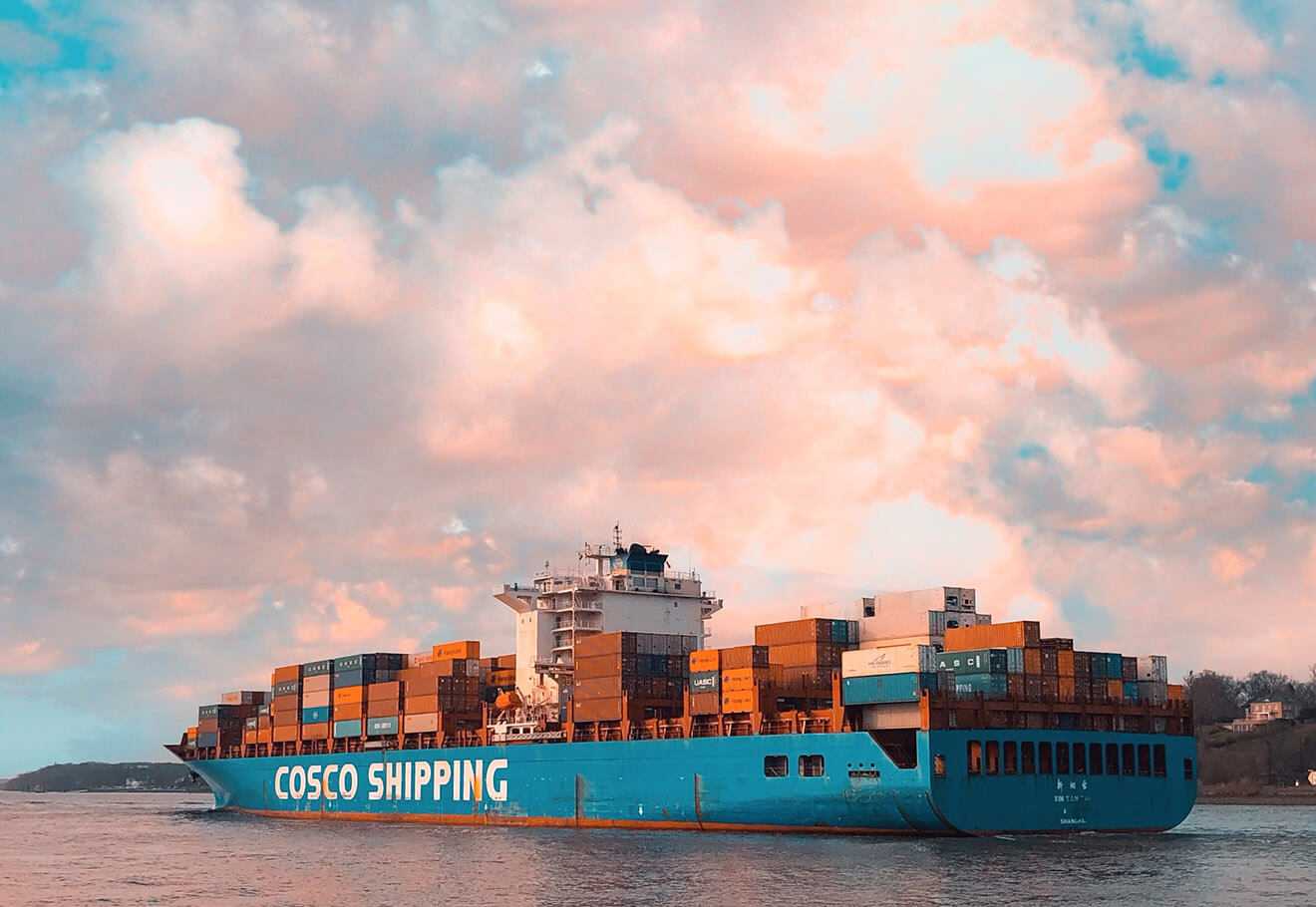Ban countries from exporting plastic waste

Globally countries, including those in the EU, have been exporting plastic waste to other countries, such as Indonesia, for recycling. This waste is often too contaminated to be of value/ recycled and, therefore, it has to be disposed of in these nations. Reports have suggested that some of this waste is dumped into our ocean. Bans are in the process of being introduced in the EU and UK.
Around 356,233 tonnes of plastic waste was sent for recycling from the UK to developing countries in 2018.
Benefits
- Forces countries to take responsibility for their own waste production
- Encourages a reduction in plastic disposal
- Encourages development of better in-country recycling systems
- Takes pressure off overloaded waste management systems in the nations receiving the waste
Challenges
- Process to introduce a ban can take a long time
- Requires buy in from decision makers
- Likely to need introduction of new systems to manage the waste that cannot be exported
Making A Difference
Thailand, Malaysia, the Phillipines and Vietnam have all recently banned most plastic waste imports, holding countries accountable for their own waste.
There are hundreds of other ways to solve plastic pollution
Explore